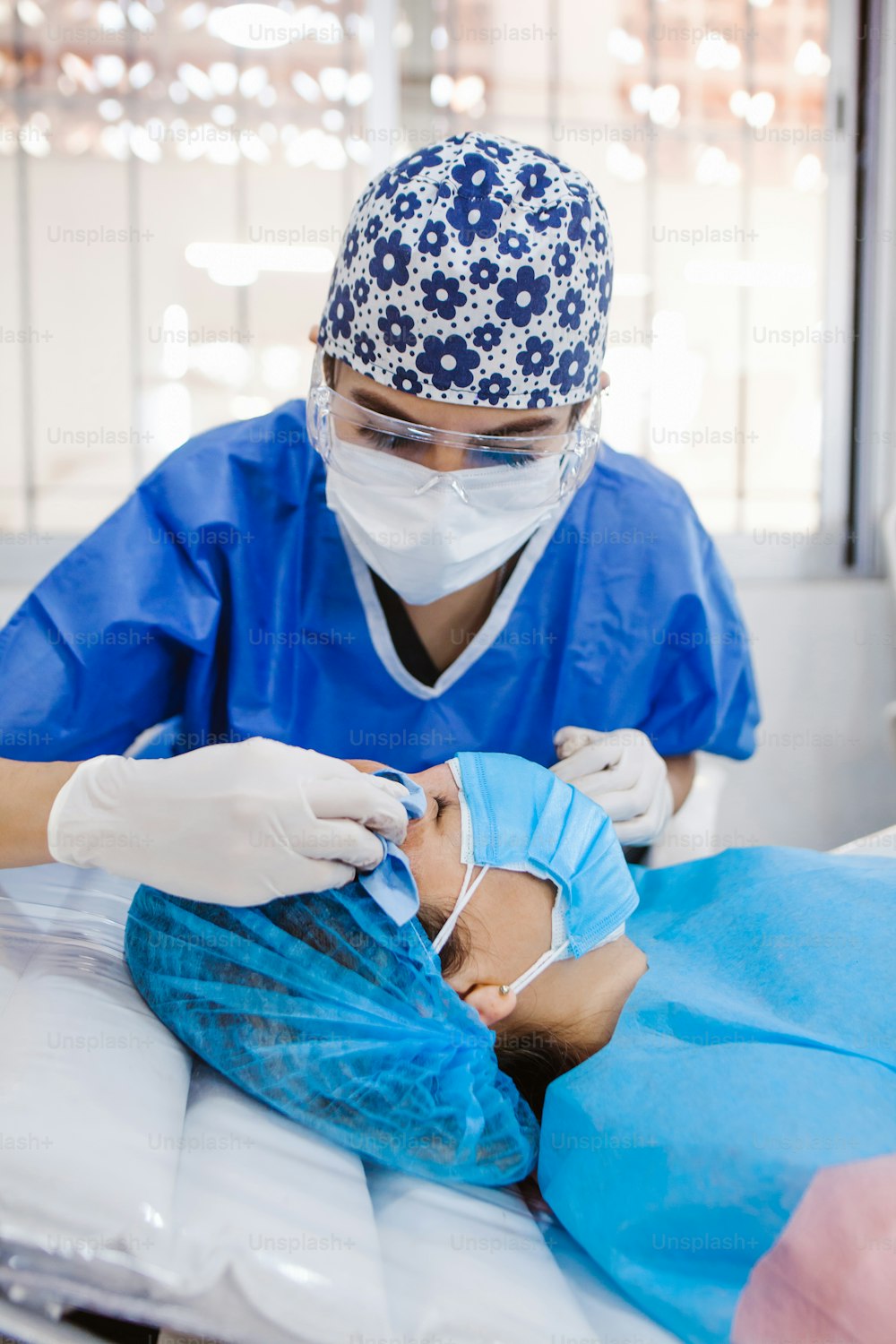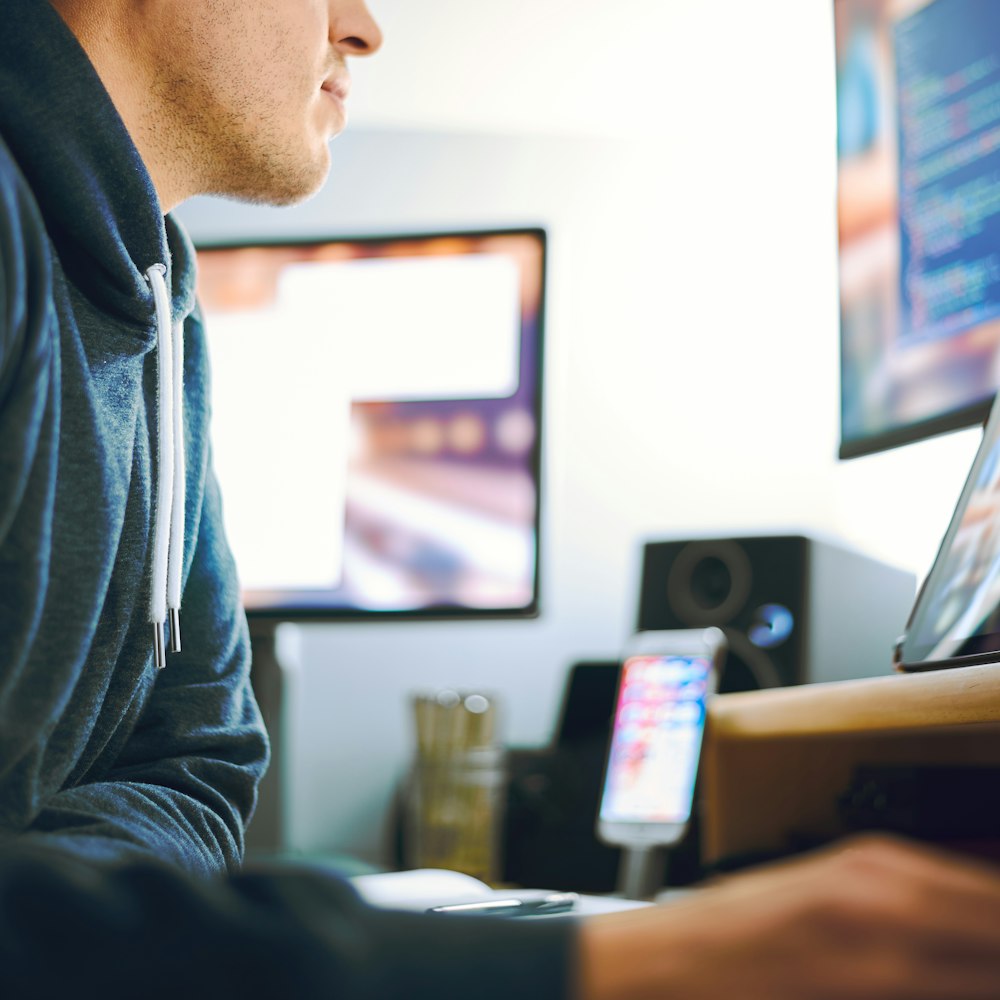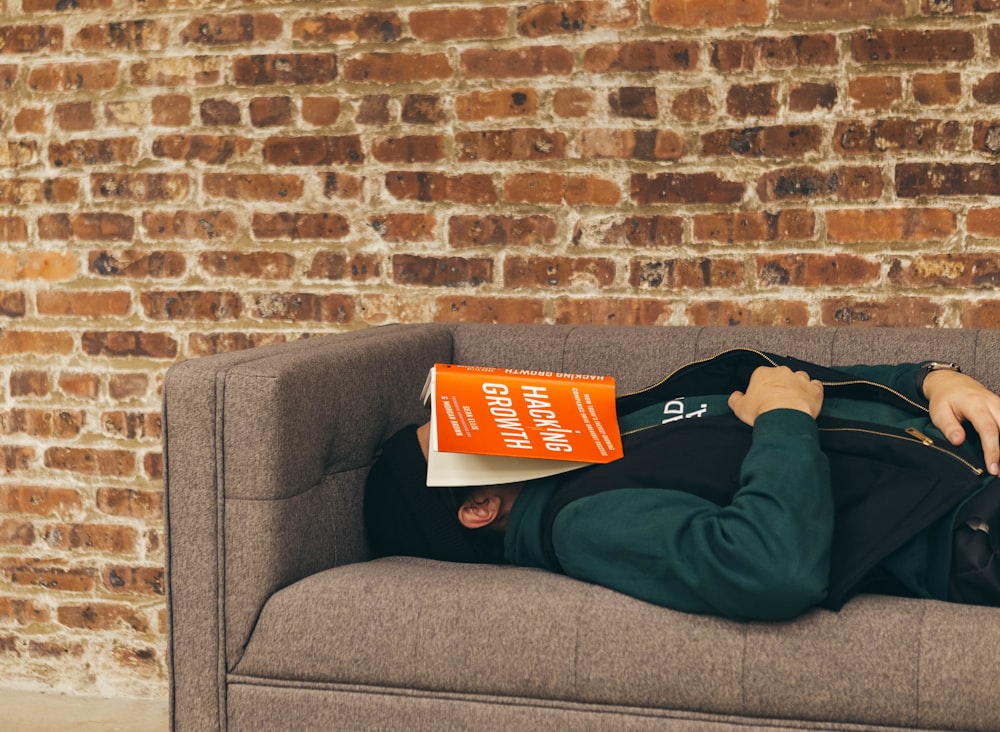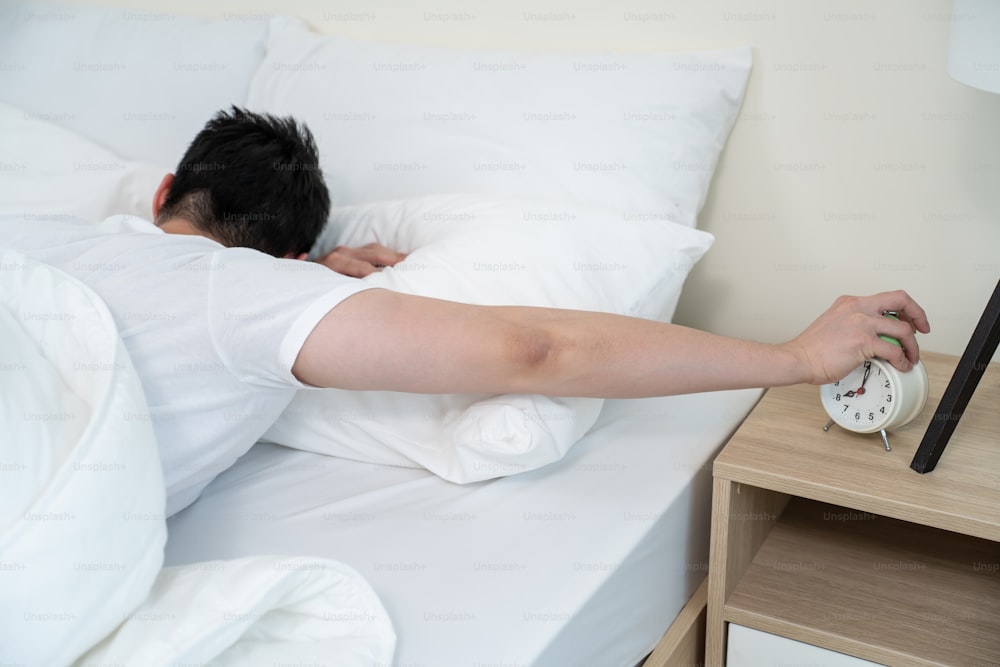eyesight
A regular topic of conversation amongst my friends is eyesight, particularly the treatment for cataracts. This seemingly very common surgery results in improved vision and often a reduced need for spectacles. My own eyesight surgery for keratoconus, while slightly different, was life changing.
Image Unsplash
The new area of concern is the evolution of eyeballs becoming longer or more pear shaped called myopia. This means the cornea becomes more curved, focusing the light on the front of retina instead of on the retina. So objects which are closer are clearer, but those further away become blurry. This change is thought to be caused by exposure to screens and not enough exposure to daylight and objects in the distance. Natural daylight is thought to have protective benefits against myopia or short sightedness. This can lead to longer term problems, especially the development of glaucoma and macula degeneration.
Image Unsplash
There may be ways to protect your eyes from these outcomes if you need to spend long periods focused on screens. The most common suggestion currently is to adopt the 20/20/20 rule. This means for every 20 minutes you spend looking at a screen, move away from the screen and look at something at least 20 feet (6m) away for at least 20 seconds. Best if you can look at something outside in natural sunlight, allowing the eyes to relax. Probably best to seek the advice of your optometrist if you spend a lot of time on devices.
ABOUT SLEEP
So while we’re checking up on our eye health, let’s talk about sleep. Considering the amount of advice I have read about sleep it is a wonder I am not dead to the world most of the time. I’ve bought the latest books about sleep, I taken books about sleep out of the library, I’ve read masses of information online, listened to advise from friends, the pharmacist, my GP and I still don’t fall asleep easily.
Our natural sleep cycles are no longer dictated by the setting and rising of the sun. Artificial light is thought to have disrupted the natural rhythm of being awake when it’s light and asleep when it is dark. The plethora of entertainments available to us due to artificial light and technology have probably altered our ability to fall asleep and stay asleep.
One factor common in a lot of the literature is exposing your eyes to sunlight as soon as you wake up. This results in UV light signalling to the eye which causes a surge of cortisol and suppresses melatonin. This can result in waking up alert and falling asleep easily at the end of the day (if you’re lucky). Another common piece of advice is to avoid caffeine for the first 90 minutes after waking but to drink a glass of water to re-hydrate. I’ve been doing both these things for about two years and still have trouble sleeping but am afraid to discontinue in case I have even more trouble sleeping!
Image Unsplash
One popular technique to help you fall asleep is to get out of bed if you haven’t gone to sleep within 20 minutes of turning off the light and read somewhere else other than the bedroom until you are tired again. (Michael Mosely, in ‘Fast Asleep’ recommends something really boring to read) Unfortunately, I can read for several hours without feeling tired and find this just doesn’t work for me. I was on some medication for a while renown for disturbing sleep patterns and finally took a sleeping pill prescribed by my GP. I did sleep but felt sleepy and tired most of the next day, too, so didn’t try that again.
Apparently, if you have good sleep patterns and rotate through the four stages of sleep several times during the night you shouldn’t need an alarm clock to wake up, you will naturally wake up when your sleep-wake cycles causes you to wake up.
Image Unsplash
I’ve read so many books, online advice and talked to my GP and pharmacist and still getting a good night’s sleep is a bit random. I try not to check my sleep score on my Fitbit unless I’ve slept well! I’ve had some terrible scores. I’ve found magnesium, melatonin, meditating and some over the counter products helpful, but what works changes without warning. What worked two weeks ago can have little impact now. Other things regularly appearing in the literature include spraying lavender scent on your pillow, having a warm bath or shower just before you go to bed and trying to go to sleep at the same time every night.
So, good luck if poor sleep is a problem for you and please let me know if you’ve got the solution!




